BMW’s 2026 iX3 “Neue Klasse” makes a clear statement that “circular materials and high performance can coexist”.
One-third of the SUV’s total mass now comes from secondary inputs, including a significant amount of recycled aluminium, which helps deliver a 20% boost in driving efficiency compared to the current model while integrating an estimated 740 kg of recovered raw materials.
Crucially, BMW is moving secondary aluminium into stressed components – rims are 80% and the wheel carriers are 70%, with no compromise to material specifications, which proves that quality scrap streams are ready for prime time.
Image credit: BMW
Why recycled aluminium changes the EV game
Aluminium’s light weight and infinite recyclability mean less energy per kilometre and a lower embedded CO₂ footprint. BMW says the iX3’s next-gen cells cut emissions per watt-hour by around 42% compared with the outgoing model, supported by renewable power and higher shares of secondary metals in the battery supply chain.
Headline specs buyers will care about
- Production: Built at BMW’s Debrecen plant, Hungary
- Battery & voltage: Cylindrical cells on 698.9-V architecture; 108.7 kWh pack
- Range (WLTP): Up to 805 km
- AC charging: 11 kW standard; 22 kW optional
- DC fast charging: Up to 400 kW; 10-80% in 21 mins or +309-372 km in 10 mins
- Bidirectional: V2H/V2G up to 11 kW; V2L at 3.7 kW
- Performance (iX3 50 eDrive): 345 kW; 0-100 km/h in 4.5 s
- China variant: Localised long-wheelbase model planned
The bigger market signal
Automotive aluminium is set for a powerful decade, valued at $97.86 billion in 2024, AL Circle projects $205.24 billion by 2032 (9.7% CAGR).
With OEMs chasing weight, range, and sustainability targets, the iX3 demonstrates how scaling secondary aluminium, right into structural parts, can reduce costs, carbon and supply risk simultaneously.
Also read: Recycled aluminium powers BMW’s iX3 Neue Klasse E-SUV


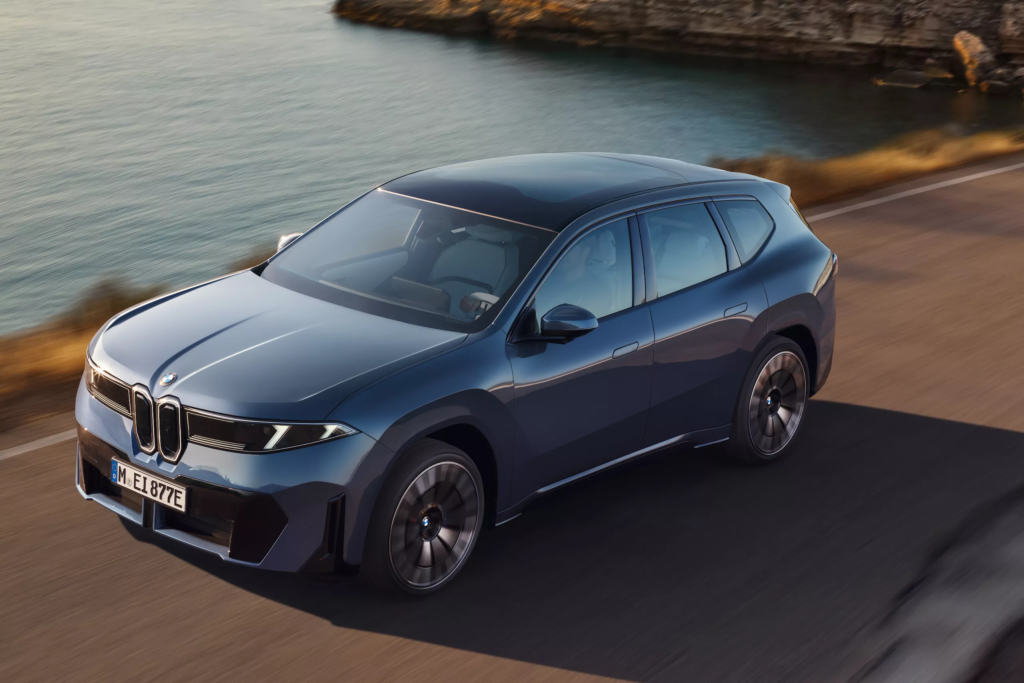


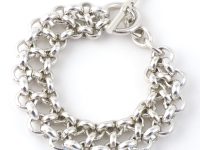
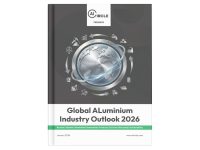


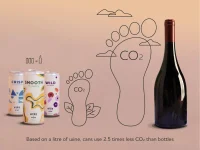
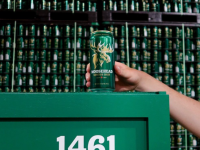










It’s exciting to see a major automaker like BMW leading the charge with recycled aluminium in their EV lineup. The use of secondary aluminium in stressed components is particularly impressive—it’s a clear sign that sustainable manufacturing doesn’t have to mean sacrificing performance.